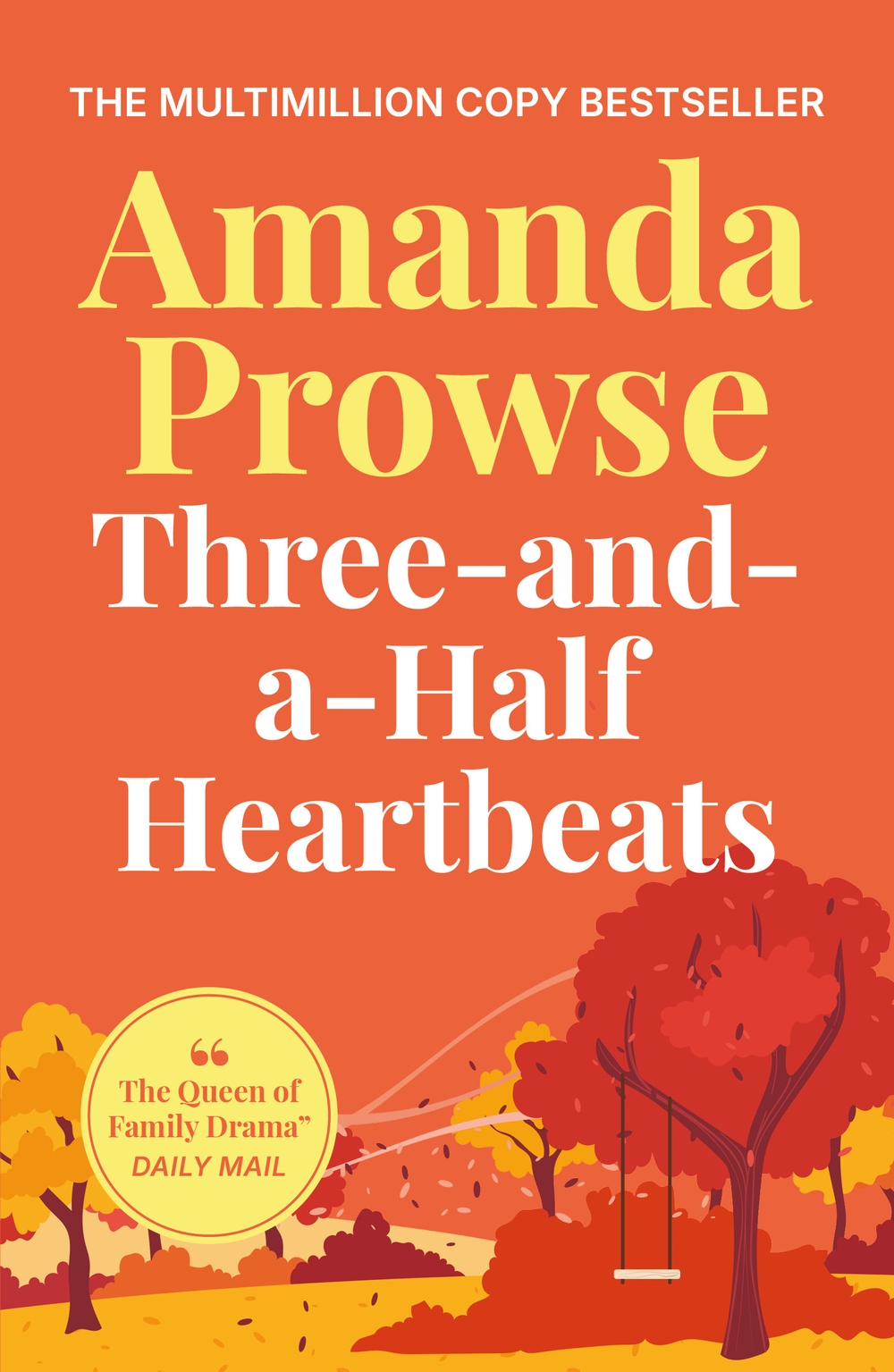
Three-and-a-Half Heartbeats
Book Description
Life can change in an instant—sometimes in just three-and-a-half heartbeats. When Rebecca's world is turned upside down by a devastating loss, she is thrust into a whirlwind of grief, guilt, and unrelenting questions. As she navigates the wreckage of her once-perfect life, the bonds she thought were unbreakable begin to fray. Friendships are tested, love becomes complicated, and hope appears just out of reach. Can Rebecca find the strength to rise from the ashes and reclaim her heart? In a tale filled with heart-stopping moments and raw emotion, what will it take to truly heal?
Quick Book Summary
"Three-and-a-Half Heartbeats" by Amanda Prowse tells the poignant story of Rebecca, a woman whose idyllic life shatters in a single tragic moment. Following the sudden loss of her young daughter, Rebecca is consumed by grief and guilt, questioning every decision and the randomness of fate. The novel explores her emotional journey as she grapples with immense pain, the impact on her marriage and friendships, and the struggle to find meaning and solace. Amidst shattered dreams and fractured relationships, Rebecca slowly discovers the possibility of hope and healing. Through raw emotion and difficult choices, this novel portrays the universal experience of loss and the courage required to reclaim happiness.
Summary of Key Ideas
Table of Contents
Navigating Grief and Guilt
Rebecca's life is transformed in a flash when her young daughter, Amelie, dies unexpectedly. The seemingly perfect world she built—with a successful career, loving husband Mark, and a cherished child—crumbles. Overwhelmed by guilt, Rebecca replays past moments, agonizing over actions and choices she fears may have contributed to the tragedy. The relentless grief that engulfs her is both raw and inescapable, setting the tone for a journey defined by heartache and self-blame.
The Strain of Loss on Relationships
The immense strain of loss permeates Rebecca's marriage. She and Mark find themselves adrift, unable to communicate past their individual suffering. Their once-strong partnership starts to fracture, further isolating Rebecca as she struggles to understand her own sadness while also feeling unable to connect with her grieving husband. Friendships fray under the weight of her sorrow, with well-meaning support often falling short or feeling intrusive. Rebecca's pain drives a wedge between her and the world she once knew.
Searching for Meaning Amid Tragedy
In the midst of her despair, Rebecca searches for meaning, refusing to accept that Amelie’s death was merely a tragic accident. She becomes determined to uncover whether systemic failures played a role, channeling her anguish into a campaign for greater awareness around preventable childhood illnesses. This pursuit gives structure to her grief, transforming passive suffering into purposeful action. Yet, it also reveals a tangled web of bureaucracy and complicity that both frustrates and motivates her.
The Path to Healing and Redemption
As Rebecca fights for change, she confronts not only external obstacles but deep internal wounds. The resolve to honor Amelie sets Rebecca on a path toward healing, marked by small but significant acts of forgiveness and connection. She gradually learns to navigate life alongside her loss, rebuilding relationships with Mark and others, and allowing herself permission to feel hope. Through resilience and advocacy, Rebecca ultimately finds a way to integrate her grief and reclaim fragments of love and joy.
Download This Summary
Get a free PDF of this summary instantly — no email required.





